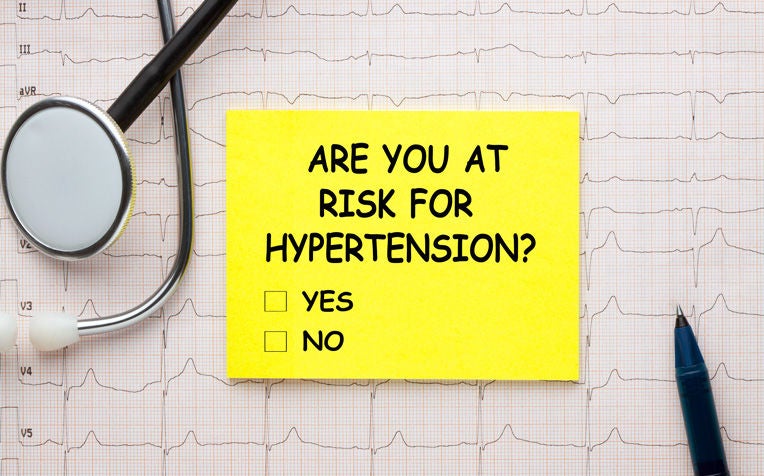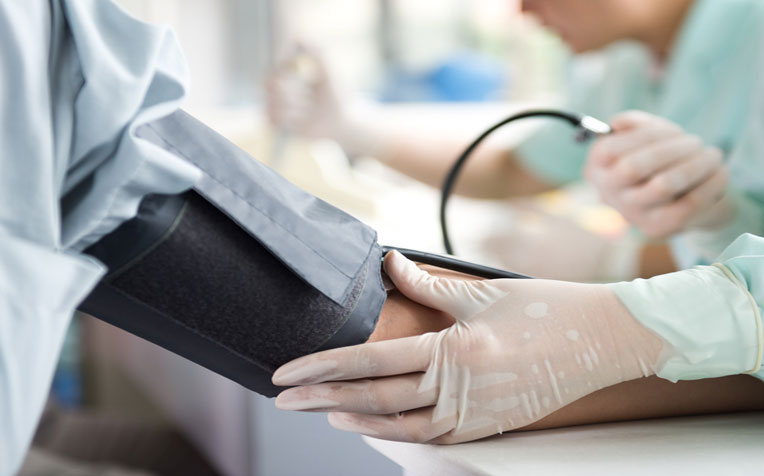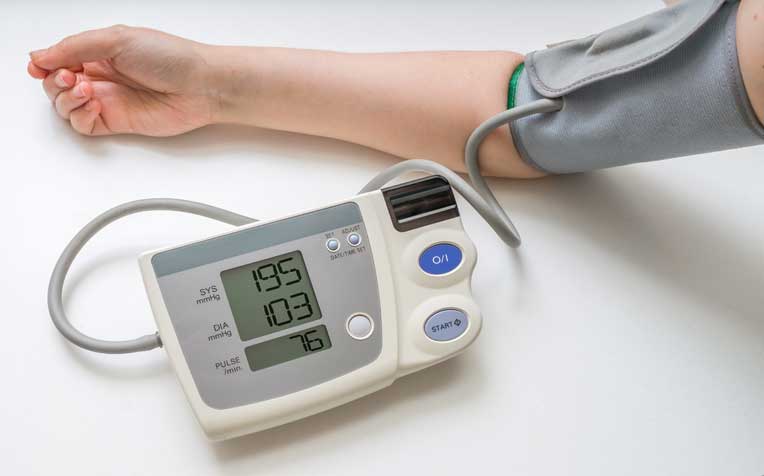
High blood pressure (hypertension) affects almost one in four Singaporeans aged 30 to 69 and usually has no symptoms.
Dr Tan Huey Chieng, Consultant from Outram Community Hospital (OCH), managed under SingHealth Community Hospitals (SCH), a member of the SingHealth group, helps to dispel common misconceptions and myths about high blood pressure (also known as hypertension).

Myth 1: I am only at risk of getting hypertension if my diet is high in sodium/ if I am overweight.
![]() Fact: Besides a high-sodium diet and obesity, primary (essential) hypertension is also associated with risk factors such as advancing age, family history, alcoholism and physical inactivity.
Fact: Besides a high-sodium diet and obesity, primary (essential) hypertension is also associated with risk factors such as advancing age, family history, alcoholism and physical inactivity.
While approximately 90-95% of adults with hypertension have primary hypertension, some patients require further evaluation for secondary hypertension - high blood pressure resulted from certain medications or underlying medical conditions. Congenital heart disease, kidney disease, obstructive sleep apnoea, thyroid disorder and other endocrine disorders are some causes of secondary hypertension.

Myth 2: I don’t have hypertension if I feel okay.
![]() Fact: Hypertension, widely known as a silent killer, is typically without symptoms.
Fact: Hypertension, widely known as a silent killer, is typically without symptoms.
Its harm progresses silently and damages arteries supplying blood to heart muscles, brain, kidneys and other organs. Regular blood pressure screening and monitoring therefore aim at early detection and treatment before permanent complications.

Myth 3: I cannot avoid it since hypertension runs in the family.
![]() Fact: Family history of hypertension may increase your risk of developing hypertension.
Fact: Family history of hypertension may increase your risk of developing hypertension.
In this scenario, working towards modifiable risk factors such as diet control, regular exercise, smoking cessation are the right steps in lowering your risk of hypertension.

Myth 4: If I feel good, I can skip my hypertension medication for the day.
![]() Fact: Hypertension is a chronic disease that requires life-long treatment.
Fact: Hypertension is a chronic disease that requires life-long treatment.
It is important to take your medication as prescribed, to improve blood pressure control. Skipping or defaulting anti-hypertensive medications can lead to hypertensive emergencies including stroke, heart attack and death. If you experience difficulties adhering to your medication prescription, consult your family physician to have a discussion.

Myth 5: Someone with a bad temper or feels stressed often is more prone to getting hypertension.
![]() Fact: Negative stress affects us emotionally, mentally and physically. A brief period of mental stress occurring in everyday life, such as anger or anxiety, can cause a short-term or episodic rise in blood pressure.
Fact: Negative stress affects us emotionally, mentally and physically. A brief period of mental stress occurring in everyday life, such as anger or anxiety, can cause a short-term or episodic rise in blood pressure.
Studies are ongoing on the direct-causal relationship of stress and hypertension. What we know is that certain actions people take when stressed, including binge-eating or smoking more, add on to the traditional risk factors of hypertension. A good way to release tension is through regular exercise, which also reduces the risk of hypertension.
Ref: L20
Check out our other articles on high blood pressure (hypertension):
Hypertension: Understanding Blood Pressure Ranges
High Blood Pressure: 4 Foods to Lower It
High Blood Pressure: 5 Ways to Lower It Without Medication


















 Get it on Google Play
Get it on Google Play